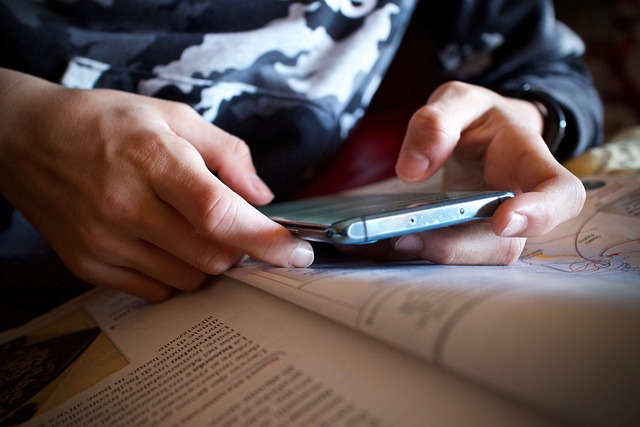The Directorate of Education (Udir) was tasked with creating a guide containing national recommendations regarding students' access to and use of private mobile phones and smart watches at school.
The rules will be part of the local bylaws
It is recommended that cell phones be removed from classrooms in both primary, middle and high schools. They also believe that both primary and secondary schools should be free from mobile devices.
– I completely agree with the management's recommendation. The mobile phone has no natural place in Norwegian school life. I am confident that Norwegian municipalities and district councils are following national career recommendations, says Education Minister Kari Nessa Nordtun.
It was the Minister of Education, shortly after taking office, who asked the management to present recommendations and guidelines on how schools can regulate the use of mobile devices by students.
The recommendation and the school supervisor will help municipalities, district councils and schools in establishing rules for their students. The rules will be part of the local bylaws. This is specified in local regulations.
– Although several schools have already phased out the use of mobile devices, many principals, teachers and parents wanted clearer expectations and help in regulating the use of mobile devices in school. They now have clear recommendations and clear guidance on how to make decisions about mobile-free schools, says Nordtun.
Also read: Electricity – what everyone should know
Udir's recommendations for regulating mobile phones and smart watches in schools
Due to the maturity of students and the fact that the older they are, the greater the right to make decisions, we propose different regulations for primary and secondary schools.
Primary school
Udir recommends strictly regulating the use of private mobile phones and smart watches during lessons and breaks in primary school (grades 1-7).
Students' maturity, social competences and ability to self-regulate are lowest at the beginning of the school year. To ensure peace and order and a safe and good school environment, there is therefore an additional need to introduce clear and predictable rules on smartwatch and mobile phone use in primary school (grades 1–7).
Junior high school
Udir recommends strict regulation of the use of private mobile phones and smart watches during teaching in junior high schools (grades 8-10) and that, as a rule, mobile phones should also not be used during breaks.
Although school students junior high school students are older than primary school students, taking into account a smaller number
disruptions and a reinforced school environment imposes stringent regulations.
secondary school
Udir recommends strictly regulating the use of private cell phones and smart watches during teaching hours in secondary schools. In our opinion, rigorous interference with free time and breaks will not be proportionate to the maturity and age of students.
However, considerations for a better learning and school environment may justify certain restrictions also in free time.
Secondary school is a complex type of school, with several different educational programs, the regulations should take into account that the teacher may feel that students may need access to private mobile phones or smart watches during classes and this should be taken into account in the assessment when making the regulations through local order regulations, as long as it is consistent with the principle of freedom.
Also read: More primary care doctors
For many people, access to mobile phones results in poorer concentration and learning
The results of PISA, PIRLS and Student Surveys show that many schools are struggling with problems related to students' academic performance, reading, concentration in class and declining motivation.
– Research shows that access to mobile phones causes poor concentration and learning for many people. It also contributes to a poorer school environment. Too much points to the wrong direction at school. The mobile phone must take some of the blame for the negative development of students' academic performance, but it is only one of several measures that must be taken in Norwegian schools, says Nordtun.
Like us on Facebook and share our post with others
Source: regjeringen, Udir, Photo: pixabay
Also read: Take advantage of many discounts with the mObywatel application


